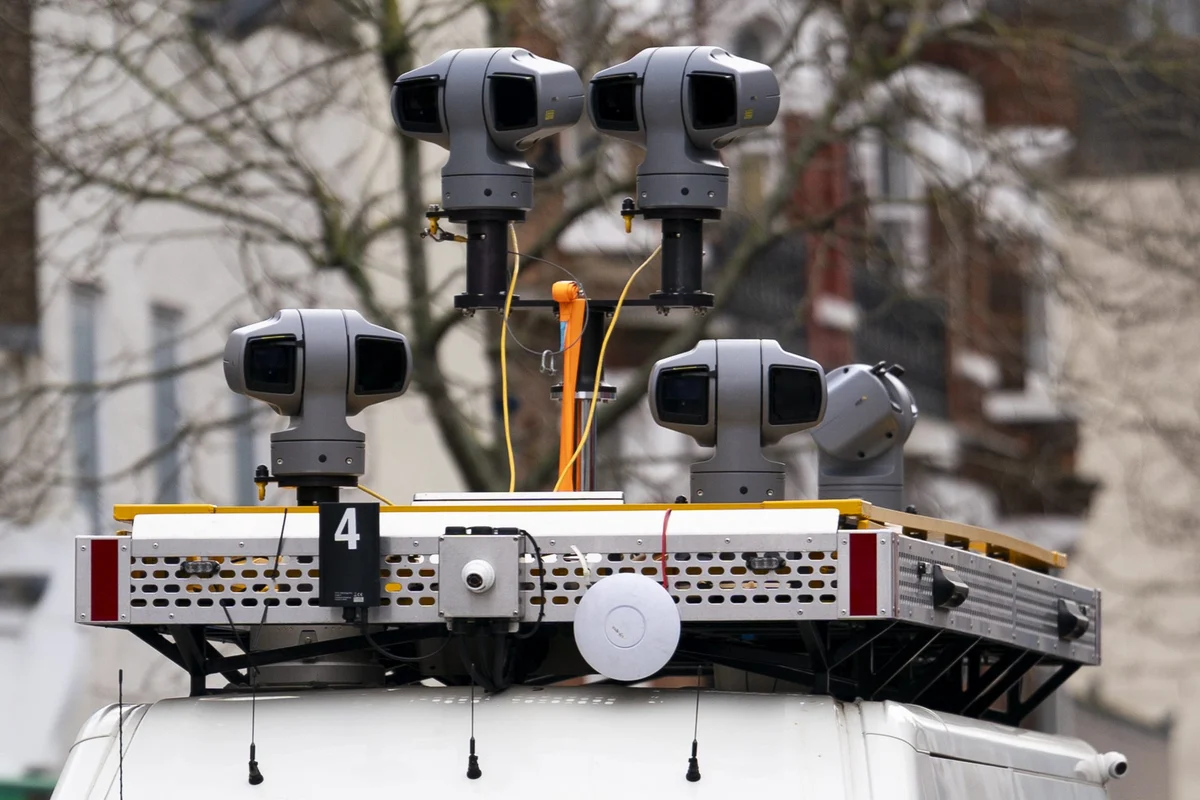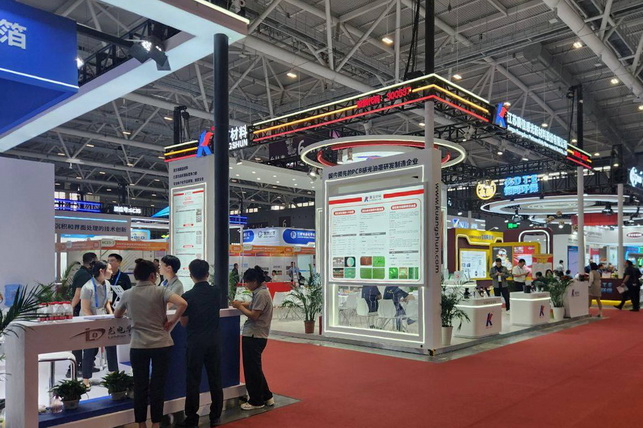Copyright standard

The Metropolitan Police has insisted Live Facial Recognition technology is making London safer, leading to hundreds of arrests with practically zero false alerts. The force has said there have been no arrests as a result of a false alert using the new technology and Scotland Yard is planning to scale up the use of the cameras. The use of the new technology led to 962 arrests between September 2024 and 2025 with over a quarter of arrests relating to offences involving violence against women and girls, according to a new annual report published by the force on Friday. During that time period the technology was deployed over 200 times across London’s boroughs. It is understood 549 of those arrests were for people wanted by the courts, while 347 arrests were for people wanted by the Met Police. There were 85 arrests for a breach of conditions, including registered sex offenders and stalkers The use of live facial recognition (LFR) cameras, which scan people’s faces and compare them to a watch list, has led to an increase in arrests in suspected cases of rape, strangulation and domestic abuse, the Met said. There have been over 1,400 LFR arrests since the technology was first introduced, with more than 1,000 people charged or cautioned. LFR has an exceptionally low false alert rate and the technology has proven to be both effective and accurate, according to the Met Police. It has now been used to scan more than three million faces with there only being a false alert in 0.0003% of cases. Between September 2024 and 2025 there were just 10 false alerts. Four out of the 10 people falsely alerted by the system were not stopped at all. The Met explained that the remaining six people were all spoken to by officers for under five minutes. The force also highlighted how the technology was successfully used at this year's Notting Hill Carnival. Across the two-day event, 61 people were arrested and 30 registered sex offenders were stopped, with three found to be in breach of their conditions. The arrests included an offender who had been wanted for nearly 10 years for harassing a woman. Tabsart Abderahmen, 58, had been wanted since October 2015 and subsequently arrested by officers. The police report also highlighted that the technology is allowing more resources to be redirected to areas of London with higher crime rates. It added that 85% of Londoners back the use of LFR to keep them safe. The Met Police said that the tool is also boosting trust in the force, with 74% of Londoners now trusting the force. The Met has also emphasised that robust safeguards are in place to protect people’s rights and privacy, with members of the public’s biometrics being immediately and permanently deleted if they are not wanted by the police. Lindsey Chiswick, the lead for LFR at the Met and nationally, said: “We are proud of the results achieved with LFR. Our goal has always been to keep Londoners safe and improve the trust of our communities. Using this technology is helping us do exactly that. “This is a powerful and game-changing tool, which is helping us to remove dangerous offenders from our streets and deliver justice for victims. “We remain committed to being transparent and engaging with communities about our use of LFR, to demonstrate we are using it fairly and without bias.”



